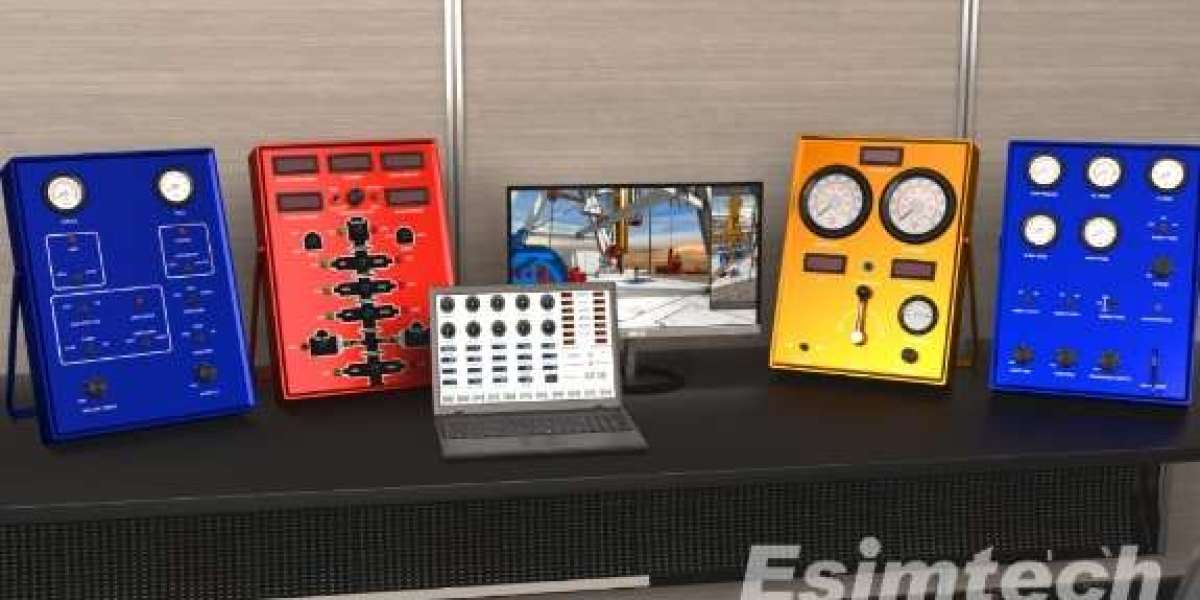However, recent advancements recognize the crucial role of non-technical skills (NTS) in effective well control. This is where well control simulators come in, offering a powerful platform to hone these essential skills.
The Non-Technical Side of Well Control
Technical expertise is undeniably important, but well control incidents often involve human error. Factors like communication breakdowns, decision fatigue, and inadequate situational awareness can significantly contribute to complications. NTS training equips crews to address these challenges by focusing on:
Communication: Clear, concise, and timely communication between team members is paramount during well control events. Simulators can introduce scenarios that test communication protocols and highlight the importance of active listening.
Leadership and Teamwork: Effective leadership ensures everyone understands their roles and works cohesively. Simulators can create situations where crews practice decision-making under pressure and delegate tasks efficiently.
Situational Awareness: Maintaining a clear picture of the well's condition is crucial. Simulators can introduce unexpected events that challenge crews to analyze data, identify problems, and adapt their actions accordingly.
Stress Management: Well control situations can be highly stressful. Simulators provide a safe environment to practice maintaining composure, prioritizing tasks, and making sound decisions under pressure.
The Simulator Advantage: Immersive Learning for NTS
Well control simulators offer a unique advantage for NTS training. Here's how:
Realistic Scenarios: Simulators can recreate a variety of well control events, from minor kicks to full-blown blowouts. This exposure allows crews to practice their responses in a realistic, controlled environment.
Safe Learning Environment: Mistakes are inevitable during training. Simulators allow crews to learn from their errors without the risk of real-world consequences.
Repeatability and Customization: Scenarios can be repeated and customized, allowing crews to practice specific skills and address identified weaknesses.
Objective Feedback: Simulators can provide immediate feedback on crew performance, highlighting areas for improvement and reinforcing successful behaviors.
The Human Touch in Well Control
Simulators are not a replacement for technical knowledge. However, they are a vital tool for developing the non-technical skills that complement technical expertise. By combining technical training with NTS training in a simulated environment, well control crews can be better prepared to handle any situation they might encounter on the job. This leads to safer, more efficient, and more successful well control operations.








